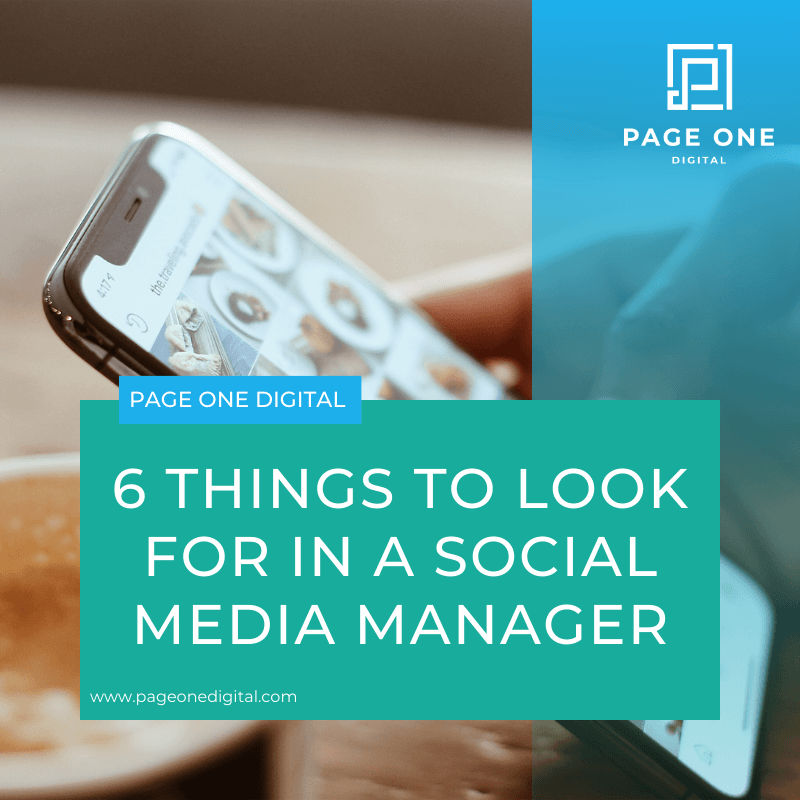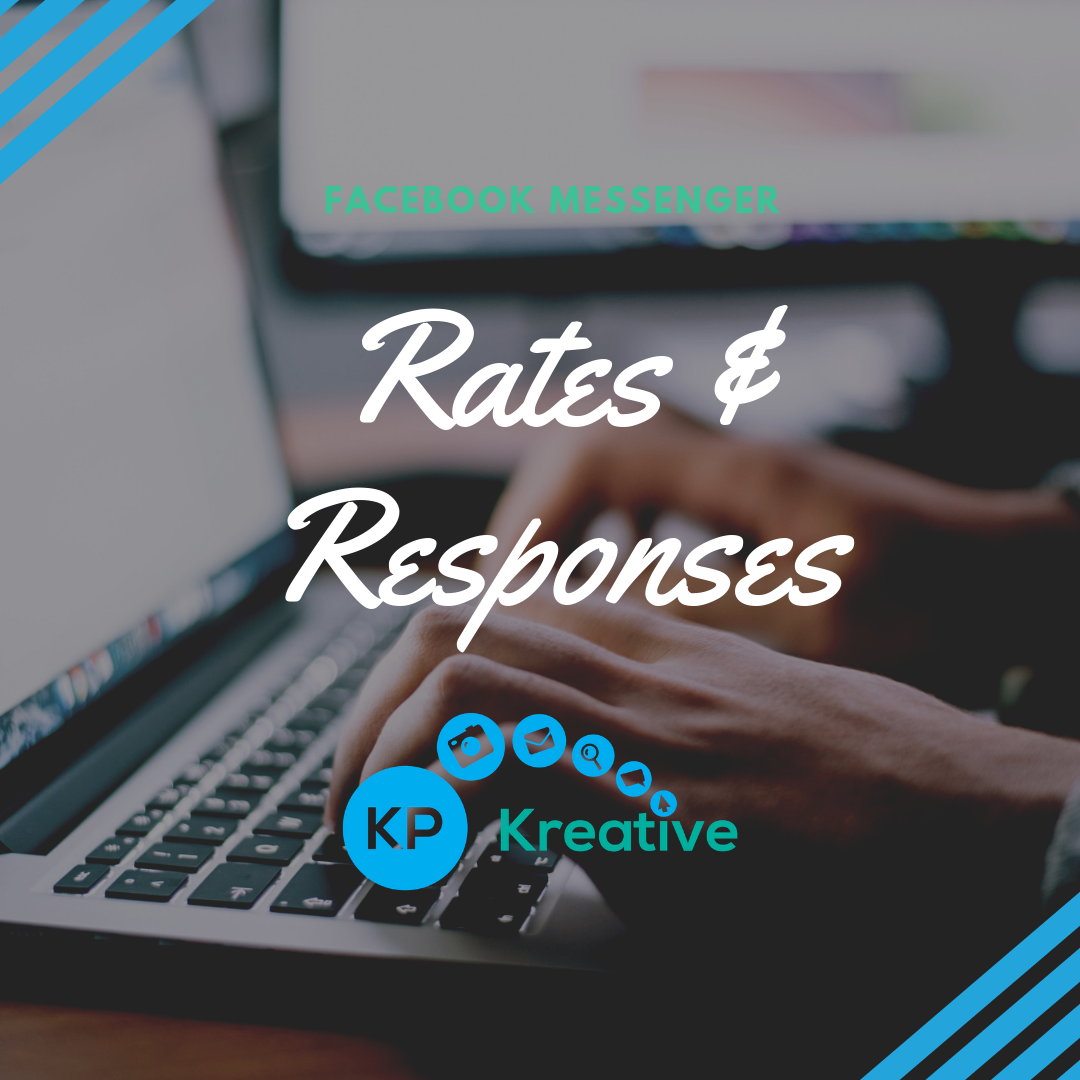
As you probably already know, Facebook messenger is a great tool for businesses that can help facilitate growth. Facebook Messenger allows business owners to make stronger connections with customers by building relationships through conversation. According to a survey conducted by Facebook, 69% of users say that being able to message a business helps them feel more confident about the brand.
Messenger has made some updates over the past several months, including offering messenger bots to automate responses being sent from your Facebook page. (If you’d like tips to help improve your messenger bot, check out this blog post).
An important part of understanding Facebook messenger is knowing how your rate and response times are measured. These measurements are based on how consistently and quickly you and other Page managers respond to messages. When you have a fast response time and high response rate, people who visit your page will see a Very responsive to messages badge. Here’s what you need to know about how Facebook measures your rate and response time.
Response Rate
Your page’s response rate is the percentage of messages that you or other page managers respond to. A message counts toward your Page’s overall response rate if it is the first message that a person sends to your page after neither you or the sender have sent messages for at least 24 hours. The overall response rate of your Page is based on messages received in the last 30 days prior to the last message that counted toward your response rate. For example, if it’s November 6th and the last message your Page received was on October 30th, then your Page’s response rate is based on messages that occurred from October 1st to October 30th.
If your Page has received less than 10 messages in this span of time, your response rate will be based on the last 10 messages it received. If your Page has received less than 10 messages total, it will be based on all messages ever received.
Response Time
The response time of your page is what gives people an expectation of the amount of time it will take you to respond to their messages.
Just as with response rate, a message counts toward your response time if it is a response to the first message a person sends to your page after neither of you have sent messages for at least 24 hours. So, if you are in a conversation with someone and you respond to each other within 24 hours, that will not count toward your response time. It seems to reset for a conversation after 24 hours of no contact.
The response time of your page is an average of the fastest 90% of response times to messages received in the 30 days prior to the last message that counted toward your response rate. For example, if it is November 6th and the last message your Page received that counted was on October 30th, then your Page’s response time is based on messages that occurred from October 1st to October 30th.
Just like with your Page’s response rate, if your Page has received less than 10 messages in this time span, your response time will be based on the last 10 messages. If your Page has received fewer than 10 messages in total, it will be based on all messages ever received. Visitors to your Page will be able to see your response time when they visit your Page or when they open a chat with your Page in Messenger
What messages are included in my Page’s response rate and time?
Any message replies that come from your Page manually or via API (like from a bot) are included in the calculation of your Page’s response rate and time.
What messages are not included in my Page’s response rate and time?
The following types of message are not included in the calculation of your Page’s response rate and time:
- Away messages
- Instant replies
- Messages people send when you’re away from your Inbox
- Messages that you have marked as done or marked as Spam
- Messages people send within the first 24 hours in response to a Page-initiated message, such as a private reply to a comment or recommendation or a broadcast
Understanding how Facebook messenger measures your Page’s rate and response time will help you create faster and stronger connections with those following your brand. Do you have more questions about Facebook messenger? Let us know in the comments!
Related Posts

How to Use Hashtags
On most social media sites the pound sign '#' turns any words that directly follow it into a searchable link. Hashtags allow you to group your content into topics based on keywords.

6 Things to Look for in a Social Media Manager
By now, it is clear how beneficial social media can be toward your marketing efforts. There are plenty of social media management tools out there to help make the job easier, but it can still be overwhelming to manage social media effectively. In addition to a strategy, you need to have to resources to properly execute your social media plan. This is why a social media manager, sometimes called a community manager, is vital to your business. Social media for marketing involves much more than simply posting content. You will most likely need more than one person to properly manage your social media presence. If you do want a role (or roles) like this it, is important to know what to look for in a social media manager. Here are a few things to keep in mind when looking for a social media manager:
.jpeg)
Lets Get Ready to Tumble
When it comes to social media, most of us have heard of Facebook, Twitter, and Pinterest, but thereʼs another popular site called Tumblr. This microblogging site allows you to share text, photos, quotes, music links, and videos as well as blog posts. I've already covered the importance of keeping a blog for your business. So if, for some reason you cannot keep one directly on your website, Tumblr is a great option for you. However, if you can keep one on your website Tumblr is still a great place to share your blog posts. So here is a brief summary on how to get started.


